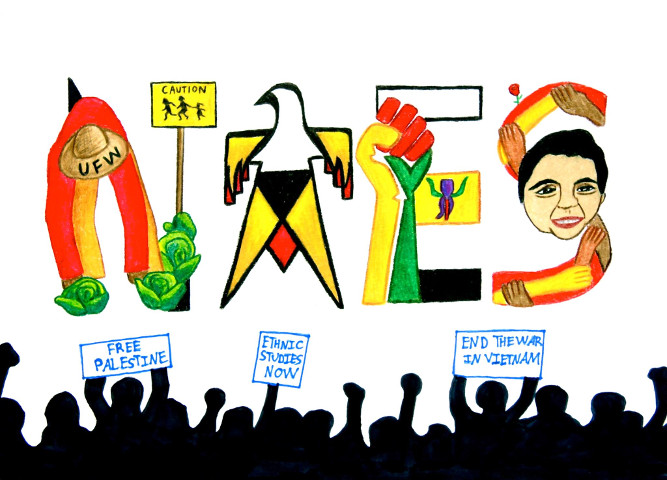Ethnic Studies Review

Orginal Publication Date
2006
Journal Title
Ethnic Studies Review
Volume
29
Issue
esr/vol29/iss1
First Page
49
Last Page
75
Abstract
I can't tell the most frightening story I know, because stories are made of words, and once I was without them. I was trekking in Nepal and ended up with amnesia. Later I stumbled into a mission hospital with a bruised jaw. A bad fall? I can't say. I had no words. No words for this thing that was wrenching and crying, in which "I" - a bundle of terror - seemed trapped. No words for where I began, stopped, or the mud stubble terrace on which I sat. No words to map, no words to define, no words to possess. No words for the blobs of light and shadow shifting or parking before me. No words to rank or relate the garbage - my own memories - blasting against my consciousness, randomly, insistently. Names shouted inside my head - my family, my lover, my own name; places - my hometown in America, the name of the mission hospital I'd eventually find my way to. An eleven-thousand foot mountain rose in front of me. A backpack pulled at my shoulders. A Nepali woman stroked my arm. I had no words to weave any of these into a safety net of story or meaning. All were uncontrollable, unpredictable, stimuli, which somehow, suddenly, had complete, and therefore sinister, power, and struck again and again against - some other thing - me - a thing I couldn't name or inhabit, for I had no words. I remember this sensation now when I want to know what it must have been like for my immigrant mother when, as an eight-year-old Slovak peasant child, she first arrived in America in 1929.
Rights
Copyright ©ESR, The National Association for Ethnic Studies, 2006



Comments
Critical Perspectives: New Knowledge